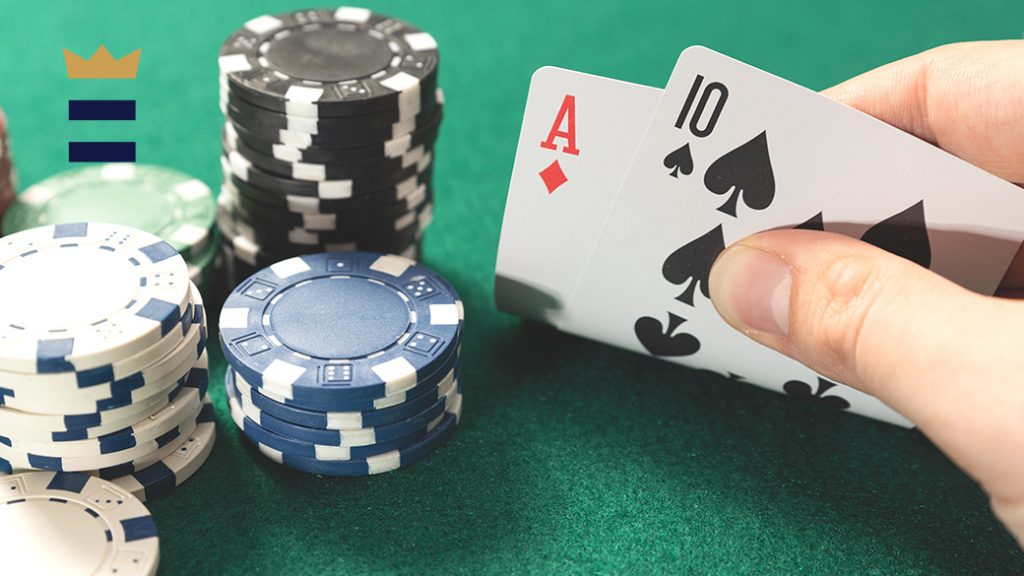In the intricate dance between luck and strategy, few arenas encapsulate the essence of this delicate balance as poignantly as the world of card games. Shuffle up and deal, the resonant command echoing through the green-felted battleground, heralds the commencement of a game where chance intertwines with cunning and fortune intertwines with skill. The shuffle of cards is a metaphorical roll of the dice, a random permutation that lays the foundation for the impending narrative of triumphs and defeats. Each player, armed with a hand bestowed by the capricious hands of fate, embarks on a journey where the destination is uncertain and the route is riddled with choices. At the heart of this enigmatic dance is poker, a quintessential exemplar of the marriage between luck and strategy. The draw of the cards is a lottery of destiny, but it is the player’s discernment, guile and ability to read the subtle language of their opponents that elevate the game beyond mere chance. In this hallowed arena, the shrewd observer discerns the nuanced symphony of probabilities, understanding that a pair of aces might transform into a perilous trap or a ticket to glory, contingent upon the unfolding drama of communal cards.
 Luck introduces the variables, but strategy molds the outcome, forging a tapestry where every fold, raise or check is a stroke of the artist’s brush, crafting the narrative of the Bandarqq365 game. Yet, the confluence of luck and strategy extends beyond the poker table. It permeates the essence of games like blackjack, where the deck itself becomes a battlefield. The seasoned player, armed with the knowledge of odds and the finesse of a tactician, navigates the tempest of uncertainty. Each card drawn is not merely a product of chance but a revelation that steers the player’s choices, forcing a strategic calculus that oscillates between caution and audacity. The art lies not only in the cards held but in the mastery of the dance, where the rhythm of luck is harmonized with the melody of strategy.
Luck introduces the variables, but strategy molds the outcome, forging a tapestry where every fold, raise or check is a stroke of the artist’s brush, crafting the narrative of the Bandarqq365 game. Yet, the confluence of luck and strategy extends beyond the poker table. It permeates the essence of games like blackjack, where the deck itself becomes a battlefield. The seasoned player, armed with the knowledge of odds and the finesse of a tactician, navigates the tempest of uncertainty. Each card drawn is not merely a product of chance but a revelation that steers the player’s choices, forcing a strategic calculus that oscillates between caution and audacity. The art lies not only in the cards held but in the mastery of the dance, where the rhythm of luck is harmonized with the melody of strategy.
Beyond the realm of cards, board games like chess epitomize the dichotomy of luck and strategy in a different guise. The opening move, the array of pieces on the board, is a predetermined symphony of strategy. However, with each subsequent move, the game unfolds as a cascade of reactions, a narrative spun by the interplay of skill and happenstance. The well-laid plans of a player can be upended by an unexpected gambit, introducing an element of uncertainty that keeps the game perennially engaging. In the end, shuffle up and deal encapsulates more than a mere initiation of a game; it heralds the commencement of an odyssey where luck and strategy dance inextricably. The allure lies in the dynamic equilibrium between chance and skill, in the suspense of the unknown and in the artistry of shaping one’s destiny amid the capricious winds of fortune.